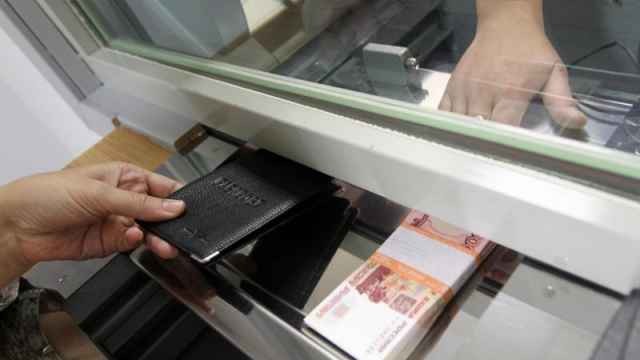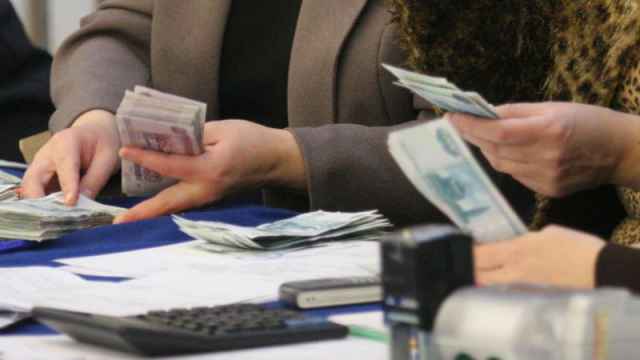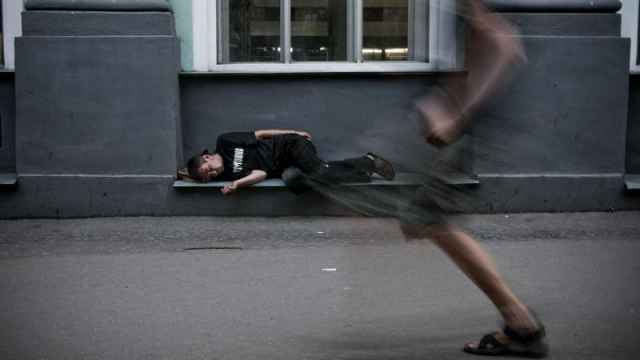Russian Prime Minister Dmitry Medvedev has warned that the reforms needed to save Russia's economy will have “a high social cost” for the Russian people.
Writing in an article for Russian economic journal “Questions of Economics,” Medvedev pledged that Russian authorities would not revert to Soviet-style planning, but maintained that deregulation was not the answer.
"It is simply unacceptable to return to very strict regulation and the patterns of Soviet planning. This rigidity led to the collapse of the Soviet model in the modern, post-industrial age,” he wrote. “Yet the complete deregulation of the economy would bring disastrous consequences for which the people would end up paying.”
Medvedev also warned of inherent dangers in “seemingly simple
economic ideas” and populist reform, warning against plans such as
transitioning to a mobilization economy, the nationalization of large
firms, or the total sale of all state property.
“We need to
limit populist reform, as well as any reform which comes at the
expense of the people. The first ultimately leads to the second,”
he wrote.
According to the prime minister, the necessary structural reforms require a high social cost. “If there isn't enough money in the budget, we are not going to print out more to cover missing revenue. Everyone understands that would fuel inflation, and devalue people's income, salaries and pensions,” Medvedev wrote.
The article was published followed high-level meetings on Wednesday to discuss the state budget from 2017-2019.
Medvedev said that modern Russia faced different economic challenges to those which ravaged the country in the early 1990s.
“The work will involve deep structural reforms to increase efficiency in both the state and private sectors. This is quite different from the mass closure of businesses, loss of revenue, and social disintegration degradation of the social sphere, which we saw at the beginning of the 1990s."
A Message from The Moscow Times:
Dear readers,
We are facing unprecedented challenges. Russia's Prosecutor General's Office has designated The Moscow Times as an "undesirable" organization, criminalizing our work and putting our staff at risk of prosecution. This follows our earlier unjust labeling as a "foreign agent."
These actions are direct attempts to silence independent journalism in Russia. The authorities claim our work "discredits the decisions of the Russian leadership." We see things differently: we strive to provide accurate, unbiased reporting on Russia.
We, the journalists of The Moscow Times, refuse to be silenced. But to continue our work, we need your help.
Your support, no matter how small, makes a world of difference. If you can, please support us monthly starting from just $2. It's quick to set up, and every contribution makes a significant impact.
By supporting The Moscow Times, you're defending open, independent journalism in the face of repression. Thank you for standing with us.
Remind me later.






